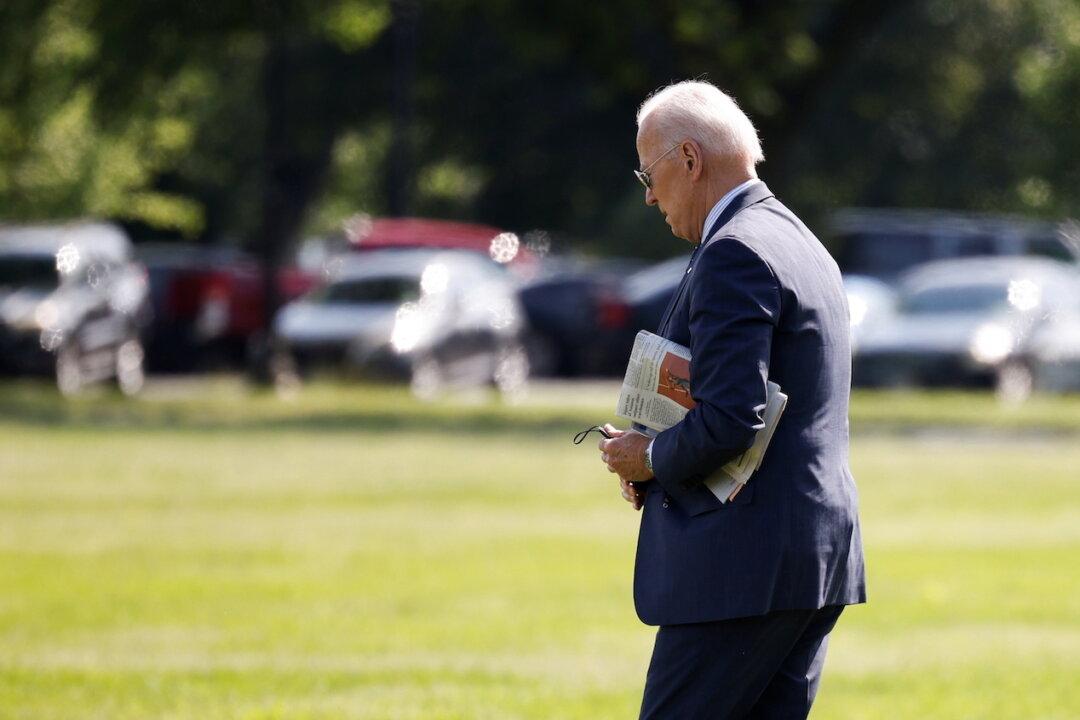President Joe Biden assured Ukrainian President Volodymyr Zelensky on Monday that he will “stand up firmly” for Ukraine’s sovereignty during his meeting with Russian President Vladimir Putin in Geneva on June 16.
Biden in a phone call with Zelensky on Monday afternoon affirmed the United States’ “unwavering commitment” to Ukraine’s sovereignty and territorial integrity in the face of ongoing Russian aggression in Donbas and Crimea, White House Press Secretary Jen Psaki said in a statement.





